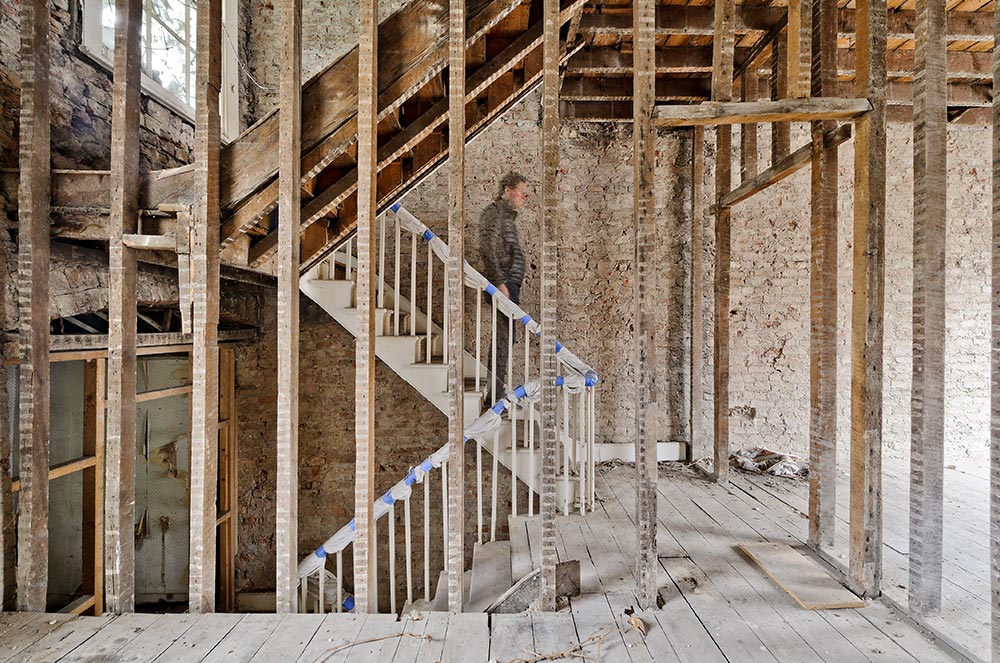
Tenure, the basics….
Let’s break it down:
- Freehold: Imagine owning a house and the land it sits on. That’s what Freehold means. You have full ownership rights indefinitely. You can live in the property, rent it out, or sell it whenever you want without worrying about a lease running out. It’s like owning a piece of land with a house on it, and you’re the boss.
- Leasehold: Now, picture renting a property, but for a long time, like 99 years. That’s leasehold. You own the property, but only for a set period, as agreed in the lease. You pay ground rent to the freeholder who owns the land. You have to follow the rules laid out in the lease agreement, and when the lease ends, ownership goes back to the freeholder unless you renew it. It’s like having a long-term rental agreement with certain limitations.
- Share of Freehold: This is a bit like a combo deal. Let’s say you own a flat in a building with other flats. Instead of just owning your flat, you and the other flat owners collectively own the freehold of the whole building. So, you own a share of the land the building sits on. This gives you more control over things like maintenance and management because you and your neighbours make decisions together. It’s like being part-owner of the building and having a say in how things are run.
So, in a nutshell:
- Freehold: You own the property and the land it’s on outright, forever.
- Leasehold: You own the property for a fixed period, paying ground rent, and following lease rules.
- Share of Freehold: You own a flat and a share of the building’s freehold with other flat owners, giving you more control.
Each has its pros and cons, so it’s important to understand which one you’re dealing with when buying or selling property in England.